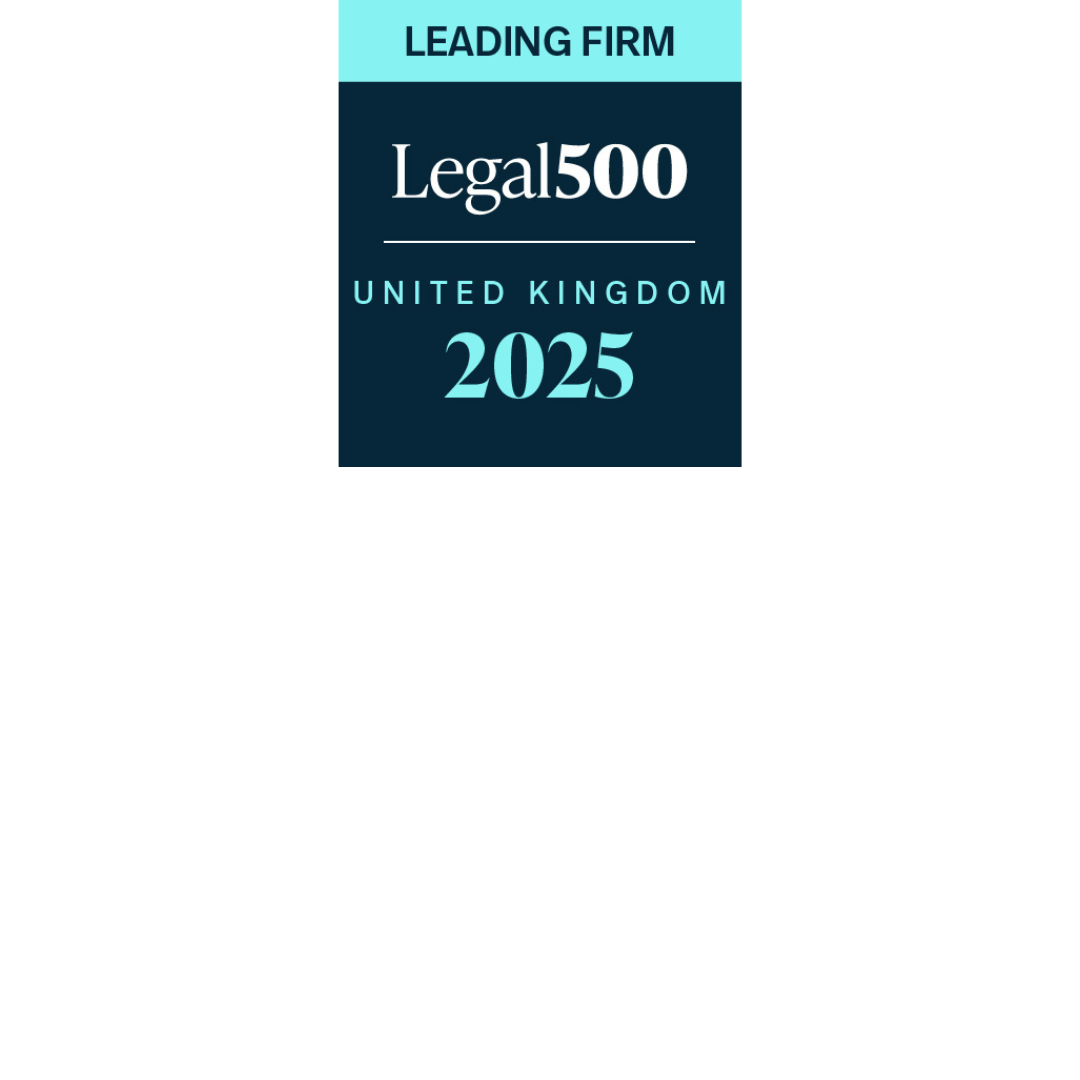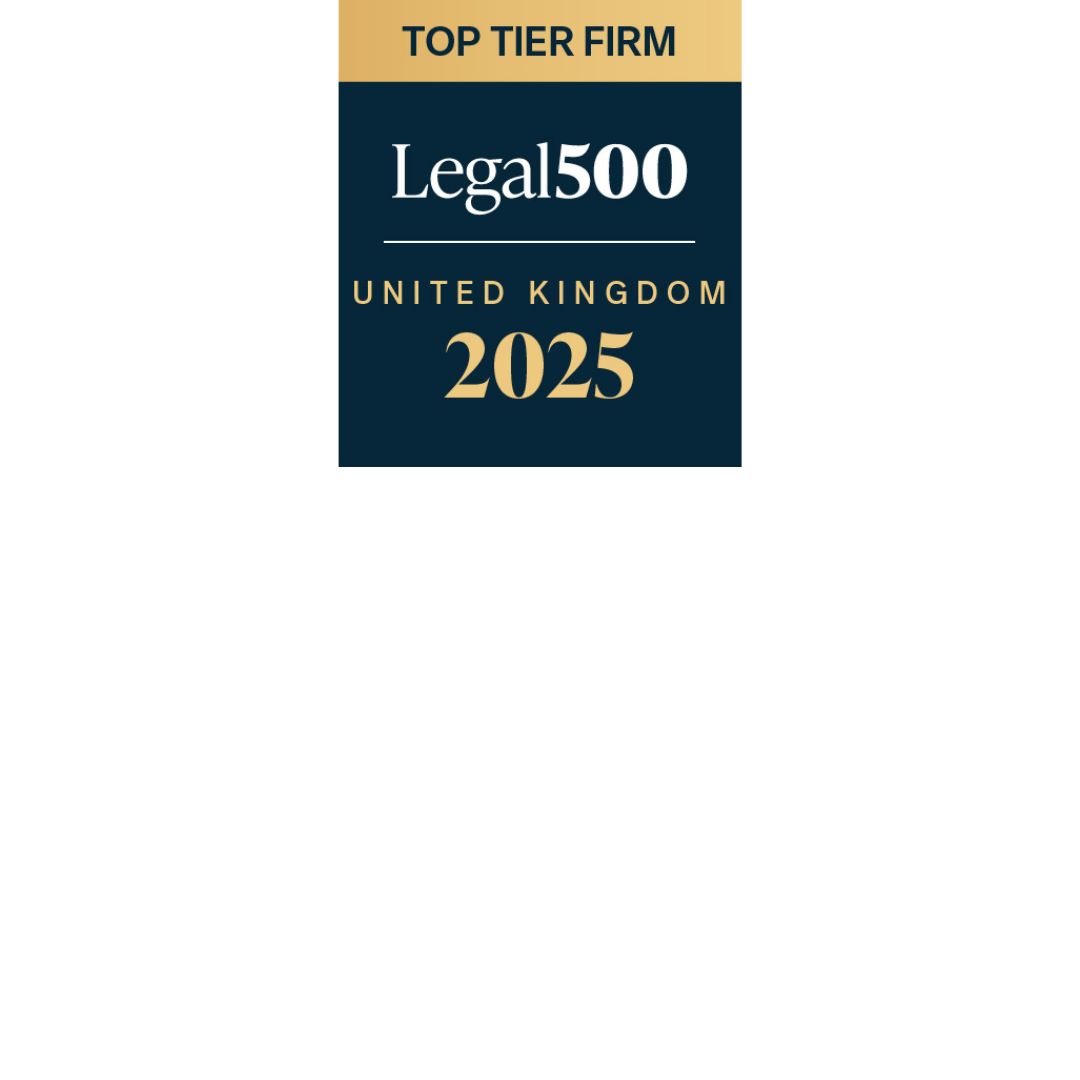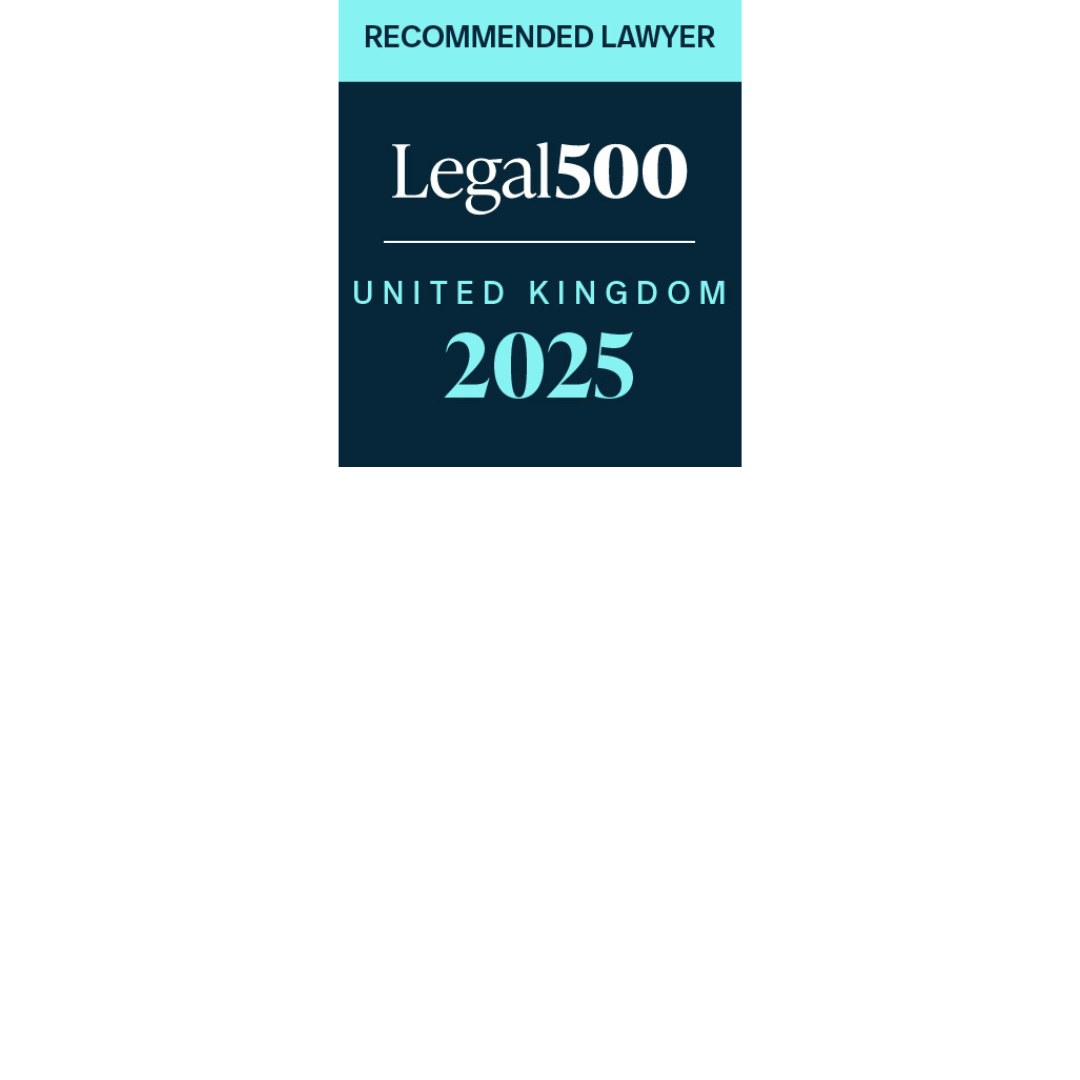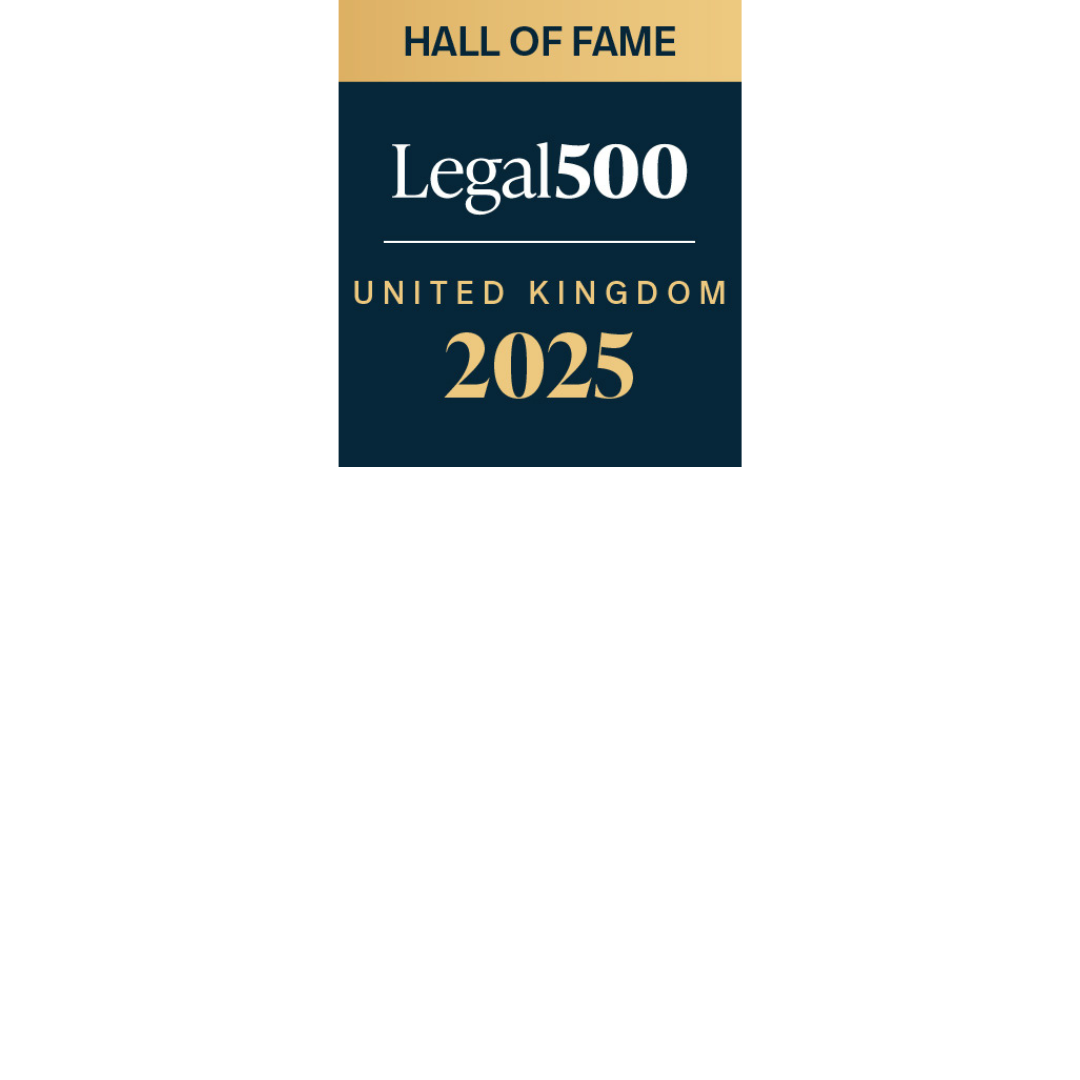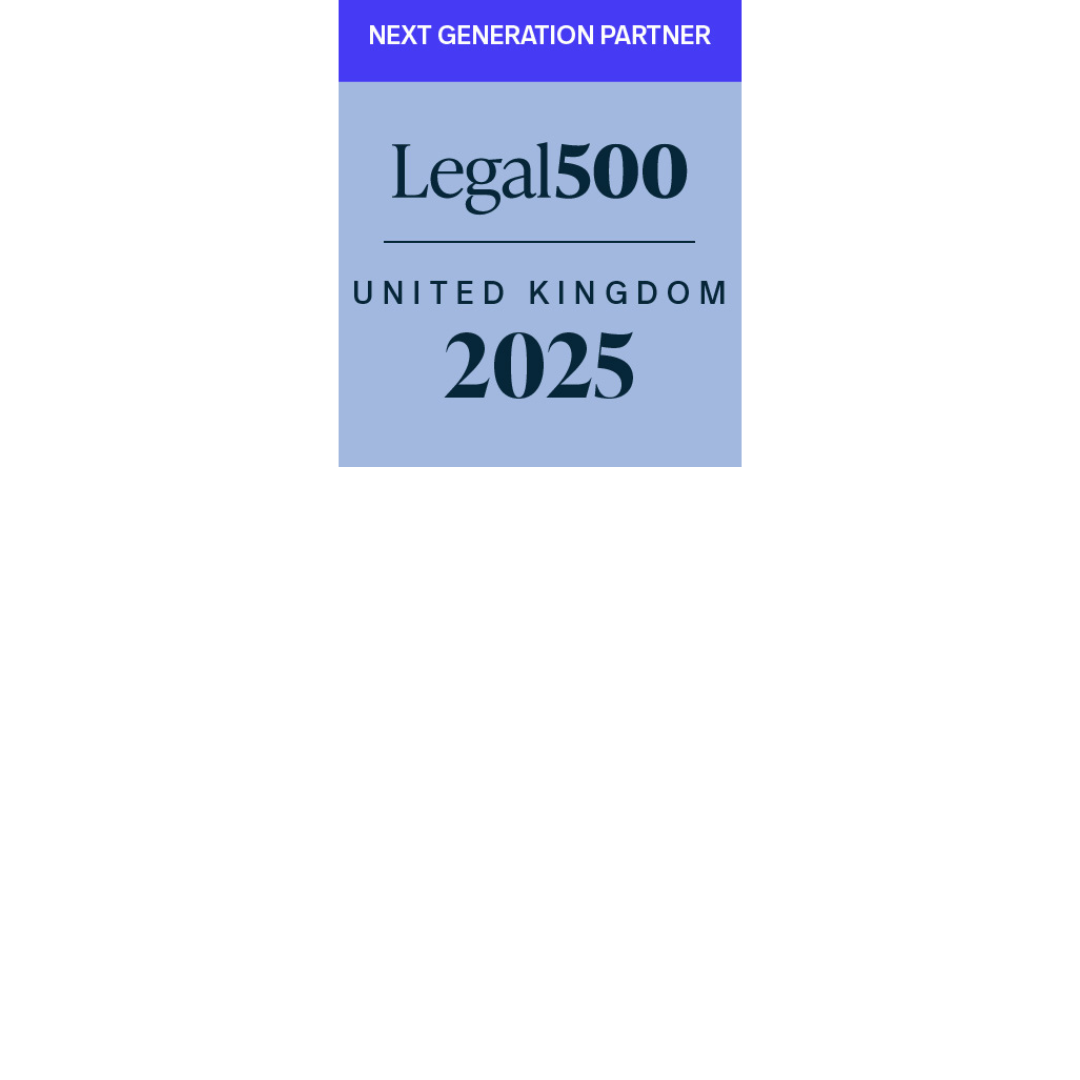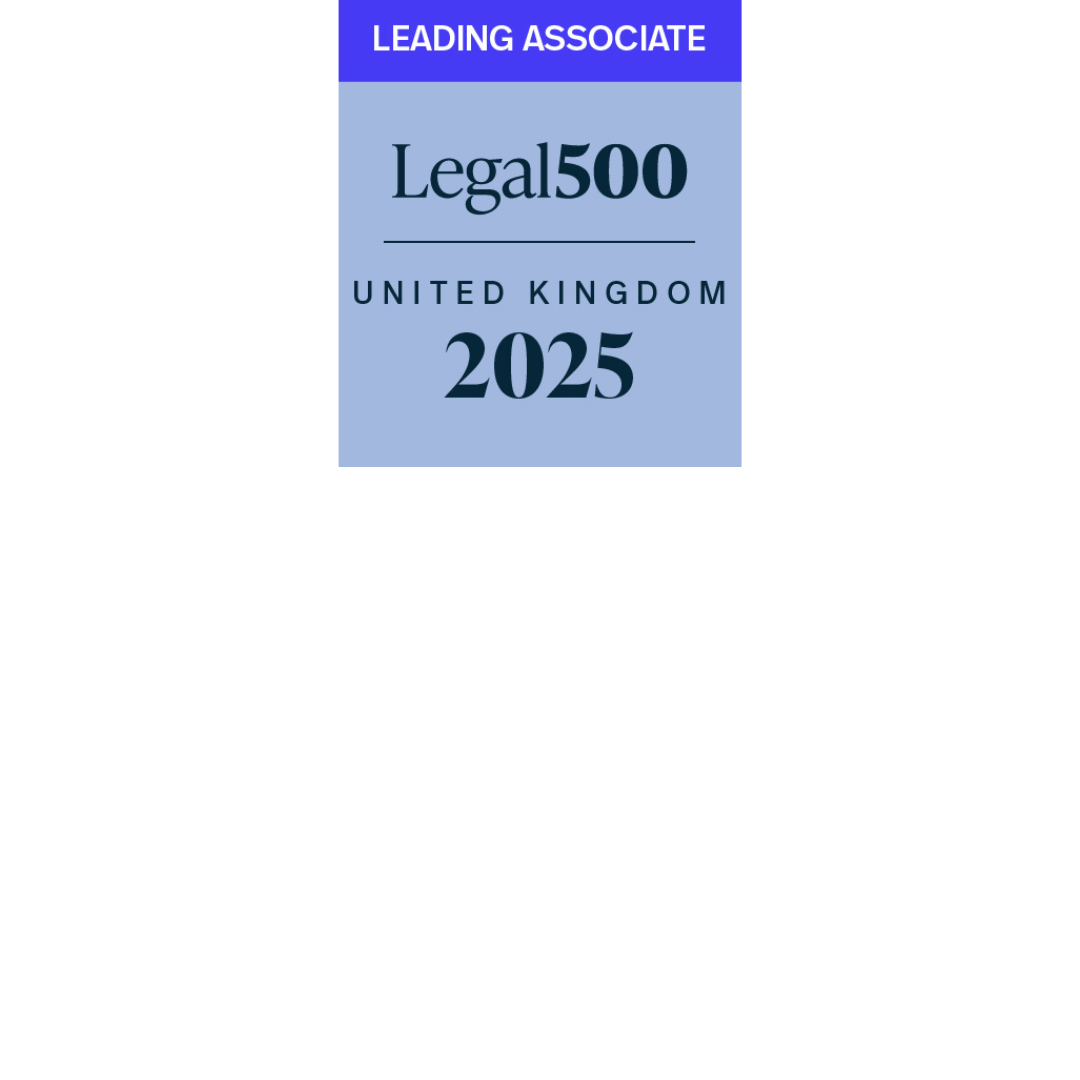
FAQs
It’s likely you’ll be able to find the answer in our FAQs which cover all of our services. You can filter questions by service area or search for a relevant word or phrase.
Unable to find an answer? Contact us on 0330 123 1229, or complete a contact form and a member of our team will be happy to help.
Professional Negligence
I want to sue my builder, but he hasn’t finished the job what can I do?
Take legal advice as soon as you can. Make sure you have all written documents e.g. contract, quotation, list of payments. Take photos and make a list of the problems/defects. At some point you will need a report from a buildings expert but it is usually better for this to be obtained in conjunction with your solicitor. A ‘Letter of Claim’ needs to be sent by your legal adviser to the builder to start a formal process to enable the dispute to be resolved.
Professional Negligence
How long will a claim against a professional take?
Each case is different but as rule of thumb, up to six months for a negotiated settlement or one which is mediated. If court proceedings are begun, then it will take longer - usually up to 18 months or so.
Contentious Probate
Will the estate or my opponent have to pay my legal costs?
This is often one of the most important questions we receive from prospective new clients. If you have no ability to recover your costs, it may dissuade you from making a claim or mounting a challenge.
If you are a claimant, an entitlement to recover costs arises from the point that court proceedings are issued. As a point of principle, your reasonable costs are recoverable if you succeed with your claim. Costs are always at the discretion of the court though, and so there may be occasions when you have succeeded on a claim, or a particular point, but costs have not been awarded.
If you are a personal representative of an estate, provided that you act properly and neutrally, you are entitled to recover your costs from the estate.
If you are a defendant, and are successful in defending the claim, you may be entitled to receive a proportion of your costs.
Contentious Probate
Do you do no-win no-fee?
"No-win, no-fee” agreements, as they are often called, are a type of conditional funding agreement (“CFA”). They work like this: a condition of our firm being paid for the work that we have done is that we achieve a success for our client. If we don’t achieve a success, then we don’t get paid for the work that we have done. These types of arrangements will not be suitable for most types of cases. However, and not just with probate-related litigation, but litigation generally, it is important that we find the right funding arrangement that suits our client and the case at hand. We pride ourselves in our approachability, and that extends to talking about the issue of costs. If a CFA is appropriate to your circumstances, we can offer this type of funding arrangement to our clients.
Contentious Probate
Do you offer a free consultation?
You often hear that some solicitors are unwilling to discuss any new case with you without receiving money on account. Our Contentious Trusts and Probate team are always willing to speak with possible new clients initially, without requiring any financial commitment, or a discussion about lengthy and complex client engagement terms.
Contentious Probate
I have been cut out of a will. What can I do?
It is advisable to first establish whether there are any grounds for challenging the validity of the will, and if the will is capable of being challenged, what does the earlier will say? As a first stage, it is necessary to understand why the testator made the will that they did, which will involve obtaining disclosure of the will file (assuming the will was drafted by a solicitor). If, following a thorough investigation of the will, it appears difficult to challenge, certain categories of people can pursue claims under the Inheritance (Provision for Family and Dependants) Act 1975. This law permits applicants to seek provision from an estate where they have either been cut out of a will, left a meagre inheritance, or the intestacy rules do not provide for them. This is a complex area of law though, and we always tailor our advice to the unique and particular circumstances of each case. It is therefore not possible to give generic advice in respect of 1975 Act claims.
Contentious Probate
Can I obtain copies of the deceased’s medical records?
This is often the first port of call when it comes to challenging or defending the validity of a will on grounds of capacity. The Access to Health Records Act 1990 allows a personal representative of an estate or a person with a claim against an estate to make a written request for medical records. The relevant medical records may be held by a number of different organisations, particularly if the individual was residing in a care home, or was receiving specialist care. Certain organisations may have prescribed forms to complete when obtaining medical records, and some organisations are entitled to charge an administration fee for complying with a request. If you need help in obtaining medical records, please do not hesitate to ask us for assistance with this.
Contentious Probate
The deceased had dementia when they made their will. How do I challenge it?
Challenging a will on grounds of validity will commonly involve an inquiry into the deceased’s mental health and capacity at the material time that they gave instructions for the preparation of their will. If the testator was labouring with an illness of the mind (such as dementia) when they made their will, and that illness affected their comprehension and understanding of what they were doing, the extent of their wealth, or who their family members are, then a claim may be brought to challenge the validity of their will.

